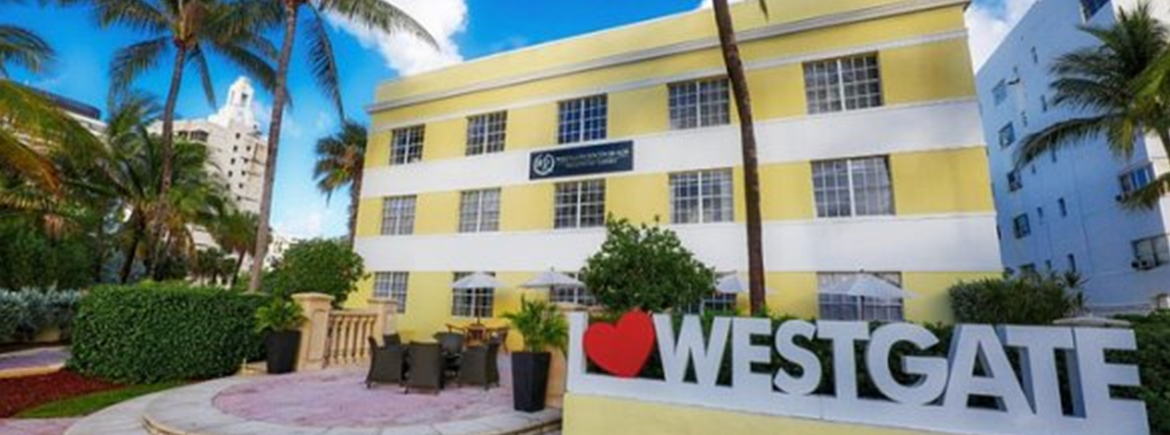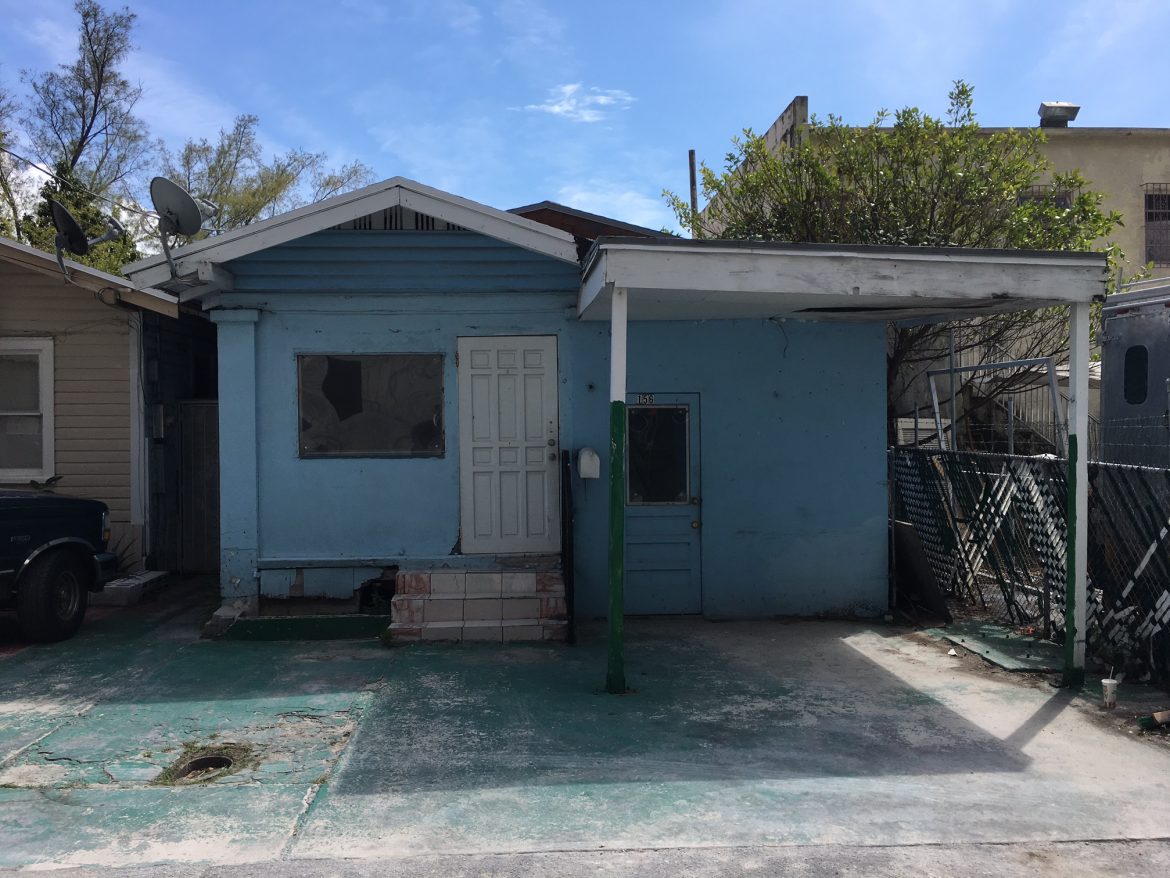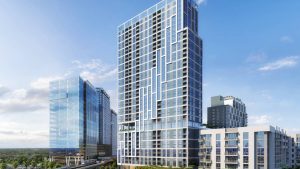Samantha Castellano sits in Mary Brickell Park watching her 5-year-old son scale the rope ladder and slip down the slide. As a Brickell resident for 15 years, she’s seen residential and office towers clog the skyline. At nine months pregnant, Castellano, 38, said she has a big problem with First Miami Presbyterian Church looking to sell some of its land to a developer.
“I think there should be more green spaces and not more buildings,” said Castellano, who would prefer a museum or community space for her growing family. “There’s enough buildings already.”
Owning what is one of the last waterfront properties in Brickell, the church is looking to sell the parking lot and the Key Point Christian Academy building at 609 Brickell Ave. to a real estate firm for the development of a soaring residential high-rise.
Many area employees and residents told the Miami Herald they are concerned about increased traffic, limited outdoor eating options, job loss and the diminution of one of the last green spaces in the city’s financial center. Valeria Gomez, a Brickell receptionist, calls the area a hidden gem. During tours with people she works with, she advertises the many food options in the food truck plaza, located in the church’s parking lot, and the Brickell Key, Biscayne Bay and ocean views.
“You can take a walk and you don’t have to go all the time to Shake Shack or Mary Brickell Village,” she said. “It’s nice. This area is a favorite, at least for my clients.”
The 26-year-old said most days from 11 a.m. to 2 p.m. the plaza is crowded with residents who want to grab a quick bite or account managers who’d like a relaxing lunch outside the office. She recalled the crowds as she got off work after 6 p.m. earlier this week.
“All the tables were filled up, there were people waiting to get help from the food trucks and everything,” Gomez said.
Several of her clients have children enrolled in the K-8 religious school and she said she cannot imagine how the parent would feel with the school closing if the land is sold.
“You’re taking away an educational environment to make room for people outside of the area,” she said. “With that being said, I feel like it’s a terrible idea.”
Traffic jams are unbearable, she added, and a driver could be sitting in gridlock for 30 minutes when the Brickell Avenue bridge raises. With the introduction of another large condo building, she imagines matters getting worse.
“It’s still a beautiful city, I think we have to do a better job at taking care of it and remembering the people instead of the business,” Gomez said.
Church members plan to vote after services Sunday on the land sale. The Brickell-based firm, 13th Floor Investments, has proposed constructing a high-rise condo with retail and restaurants on the ground floor, as well as worship space inside the tower. If the congregation votes in favor of the proposal, the church could receive about $240 million.
Isaac Rondon, World Wide Bistro food truck owner, said he sells his gourmet burgers and Philly cheese steaks from 12 p.m. to 9 p.m. every day in the plaza. The 23-year-old relies on the Brickell customer base for sales and without the plaza he could lose his job. As a historic site in Miami, the church cannot be demolished or relocated.
The church was hit with a $7.1 million tax bill in 2018 by the Miami-Dade Property Appraiser, for permitting a portion of church grounds to a for-profit school and the food trucks, violating its religious exemption status.
John Wayland, who works in banking in Brickell, said the land is an underutilized asset and by selling a portion of the property, the church can finance additional resources and services.
“I’m not sure how many more condominium buildings Brickell needs to have going up, but I would also say that I understand the desire to be able to convert an asset into a monetary asset,” Wayland, 53, said.
Chip Hoebeke, a consulting director for a business firm, said the plaza is one of the few spaces in Brickell where visitors and locals can enjoy the comfort of street food in comparison to the influx of high-end, sit-down restaurants in the area. As a fan of the vanilla milkshakes from the World Wide Bistro, he described the food truck plaza as a space for dog owners and parents to decompress.
“This is kind of a release valve for that congestion, and at some point, when you have too much congestion it’s got a negative influence on everybody,” Hoebeke, 47, said.
Source: Miami Herald



